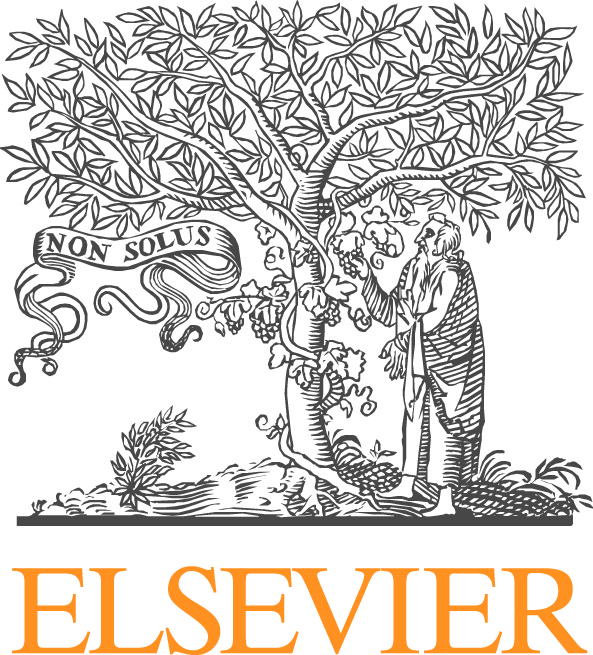Modeling of Soft Materials
Stephan Rudykh, Technion – Israel Institute of Technology
Christian Linder, Stanford University
Soft materials is an increasingly active research field. These deformable materials represent an essential component in biological tissues and bio-inspired design of materials. Moreover, soft materials offer unique opportunities to design tunable multifunctional materials and devices with novel properties, through the targeted design of material composition and microstructures. The complexity of the soft materials associated with, for example, geometrical and material nonlinearities, large deformations coupled with various multiphysics phenomena, and multiscale instabilities, poses significant challenges for the scientific community.
This mini-symposium will address these challenges, and will highlight the recent computational, as well as theoretical, manufacturing and experimental advances in the field of soft materials.
Topics of particular interest include:
• Electroactive and magnetoactive elastomers
• Soft biological materials
• Hydrogels and soft wet materials
• Bioinspired Materials
• Liquid crystal elastomers
• Shape-memory and light-sensitive polymers
• Ionic Polymer-Metal Composites (IPMC)
• Microstructural instabilities, fracture, and adhesion
• Multiphysics phenomena in Soft Materials
• 3D/4D printing and fabrication of soft materials







